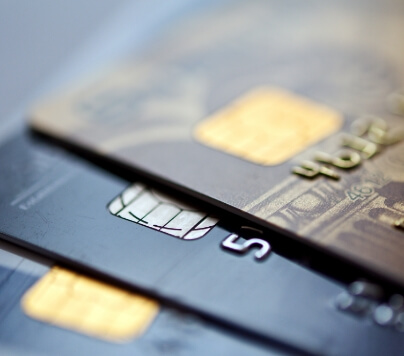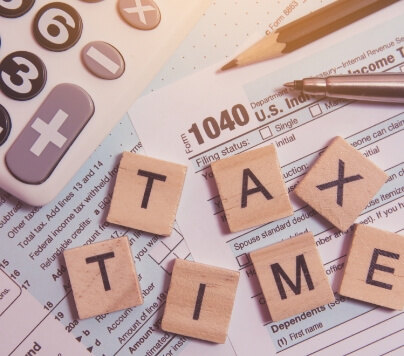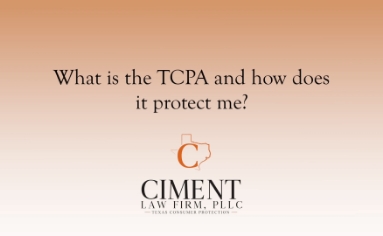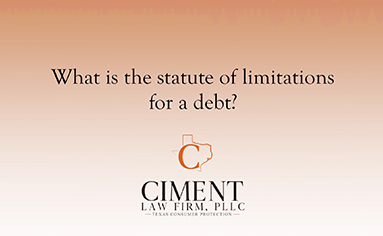We're here to help you.
info@cimentlawfirm.com

Bank Garnishment Defense Lawyer In Dallas, TX
Nothing is quite as stressful as living with overwhelming debt. You always worry about what will happen next, so every phone call, letter, and knock on the door sends a jolt of fear through your body. That fear can reach a fever pitch if a creditor has garnished your bank account over unpaid debt. You are unsure of what to do or where to turn. Fortunately, you do not have to handle this yourself. With help from a bank garnishment DEFENSE lawyer in Dallas, TX, you can examine your legal rights and fight back. The Ciment Law Firm has returned tens of thousands of dollars to victims of illegal bank garnishments. Find out if your bank garnishment can be reversed by scheduling a consultation.
What Bills Are Eligible For Bank Garnishments?
If you are behind on your bills, a creditor can take legal action to collect the debt. Then, the judge might issue a writ of garnishment that allows the creditor to freeze and then seize the funds in your bank account. The court can issue a writ of garnishment for most types of debt, including, but not limited to:
This is not an all-inclusive list. If you aren’t sure if your debt could lead to a garnishment, talk to a Dallas bank garnishment DEFENSE lawyer.
Ask Us A Question, Tell Us Your Situation,
Or Schedule A Call With Us
Call (833) 637-1075 or fill out the short form below. We will respond on the same day if you’re reaching us before 5pm – otherwise, next business day. Don’t hesitate: We welcome your questions!
We respect your privacy. The information you provide will be used to answer your question or to schedule an appointment if requested.
Bank Garnishments In Dallas, TX – How The Process Works
With the exception of the federal government, creditors cannot garnish your bank account without receiving a writ of garnishment. The creditor then presents the legal document to the financial institution, which reviews it before allowing the plaintiff to seize the money. The bank freezes the funds in the account during the review. While you can access any funds that exceed the amount on the court order, you cannot access the frozen funds.
You have the option to contest the garnishment. If you choose this option, a Dallas, TX, bank garnishment DEFENSE lawyer will review the case, looking for any errors that will lead to a reversal. If the garnishment is reversed, you can access the funds once again.

Get The Best Defense For Your Case
You deserve to work with an attorney you can count on to do everything in their power to win your case. Schedule a strategy session with our firm today to develop the strongest path forward.

Are All Bank Account Funds Eligible For Garnishment?
Creditors can garnish funds from most but not all sources. The law protects funds in retirement accounts and money from insurance claims. Creditors also must leave you with at least two months of social security funds, if applicable. The bank will review what funds are and aren’t eligible for garnishment upon freezing the account. However, banks make mistakes, so it’s a good idea to hire a bank garnishment DEFENSE lawyer in Dallas to ensure your rights are protected.

Notification For Bank Garnishments
The financial institution is the defendant in bank garnishment lawsuits in Texas. The creditor must notify the bank of the judgment, but it does not have to notify the account holder until after the bank has already frozen your accounts. While some creditors take the time to notify Dallas residents before attempting to garnish bank accounts, that’s often not the case. A bank garnishment DEFENSE lawyer in Dallas, Texas, can start the work to reverse the court order at the first sign of a garnishment. Because of that, the writ of garnishment can be reversed before the creditor ever receives the funds.

Contact Our Bank Garnishment DEFENSE Lawyer In Dallas, TX
If your bank account has been garnished, act quickly to see if you can reverse the court order. Begin the process by calling our Dallas bank garnishment DEFENSE lawyers at 833-637-1075.

Why Choose The Ciment
Law Firm, PLLC?
- Free ConsultationFind out which debt resolution option is best for you during a free consultation.
- Positively ReviewedOur firm has numerous positive reviews on Google, Avvo, and other websites.
- Options for All NeedsFrom bankruptcy protection to judgment lien releases and student loan assistance, our firm provides ample options to resolve your debts.
- Experience on Both Sides of the FieldDaniel Ciment started his career at a debt collection law firm and now protects those in debt. His experience on both sides allows him to find solutions for his clients.
- Compassionate and TransparentPatient and knowledgeable, the team is available to answer all questions and explain the process so that clients can reach their desired outcome.
- Six Office LocationsSchedule your appointment at an office in Katy,

How Does A Bank Garnishment Work?
Once a creditor obtains a writ of garnishment, it presents the legal paperwork to the bank. The paperwork contains the amount of the judgment. This is the amount that the bank must freeze. If your account balance exceeds the judgment, you can withdraw the remaining amount. However, you cannot access any money in your account if the judgment is equal to or more than the amount of money you have in your account. The writ of garnishment applies to both checking and savings accounts, so creditors can collect from both accounts.
You can contest the garnishment while the account is frozen. If the garnishment stays in place, the creditor will receive the funds when the bank lifts the freeze. If you move to another financial institution, the creditor will forward the writ of garnishment, and the process will start again
Learn more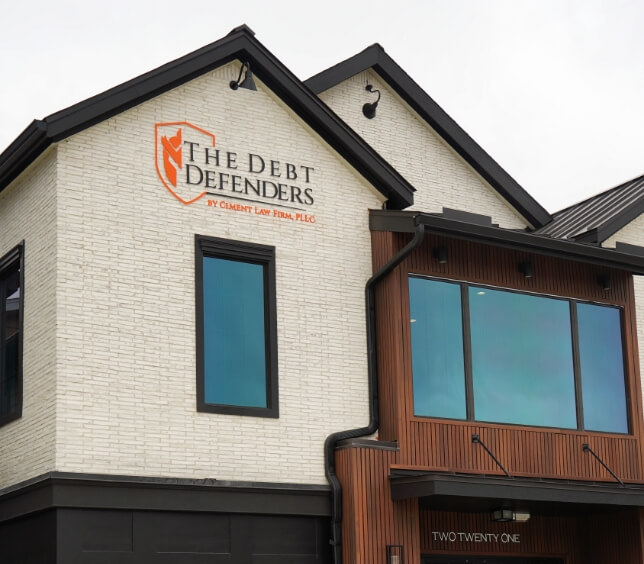
What Funds Are Protected Against Bank Garnishments In Texas?
Most bank account funds can be legally garnished in Texas. There are some exceptions to the rule, though. Creditors typically cannot garnish retirement funds and insurance proceeds. If you’re on unemployment, those funds are protected against garnishment. Also, if you are on social security, you must have access to at least two months of the funds. Your bank should automatically protect those funds if they are direct deposited. However, if you do not use direct deposit, you might have to get legal help to prevent your social security income from being garnished.

How To Avoid Bank Account Garnishment In Texas
If the creditor made any mistakes when filing for a bank garnishment, you could get it overturned. You also have other options to avoid bank account garnishments. The Ciment Law Firm can help you file for bankruptcy, so you can avoid garnishment. You can also make payment arrangements with your creditors. The Ciment Law Firm’s debt Protection program can help you reach a manageable payment plan so that you can continue to have access to your bank account. Remember, your bank will freeze your account before your income is garnished. You have time to take action and prevent the garnishment when your account is frozen.

Are You Notified For A Bank Account Garnishment?
In a bank account garnishment, the bank is the defendant. Because of that, you don’t have to be notified about the lawsuit until after the bank has been served and your accounts frozen. Some creditors inform people before the garnishment, but many do not. In fact, many people don’t realize their bank accounts are being garnished until they try to withdraw money that isn’t there or receive an overdraft notice. People should take action quickly when they realize their bank accounts are being garnished, so they can attempt to stop the action.
video faqs
GET A PERSONALIZED DEBT RESOLUTION SOLUTION how can the debt defenders help?




